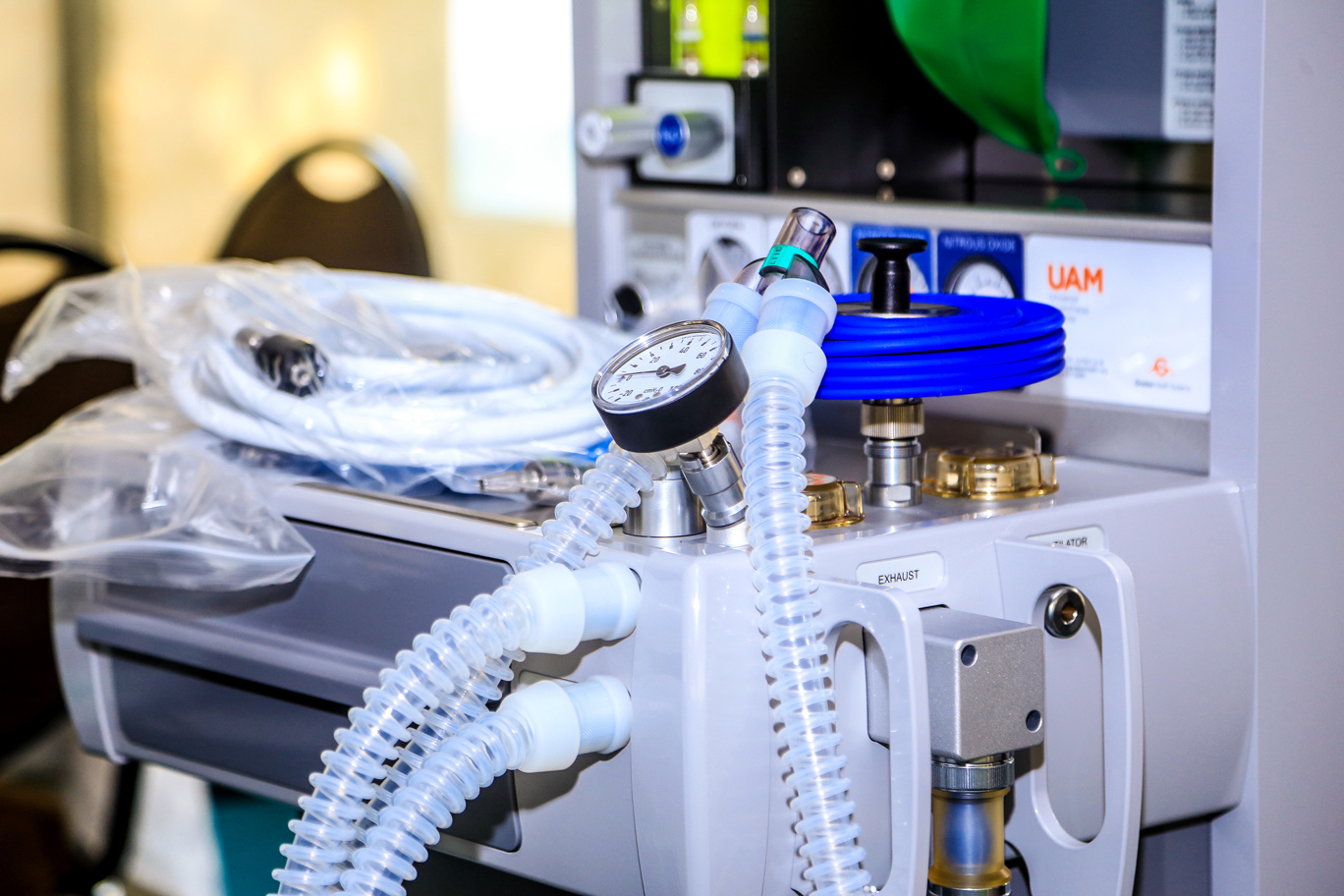
Duke Global Health Innovation Center Features Gradian in Case Study on Sustainability



In a recently published report, the Duke Global Health Innovation Center (GHIC) has highlighted Gradian Health Systems as one of three Saving Lives at Birth (SL@B) grantees demonstrating sustainability and scalability in maternal and newborn health programming.
In addition to Gradian Health Systems, “Building for Sustainability” features case studies of two other SL@B innovators—D-Tree International and PharmaChk—“who are successfully building toward sustainability,” as defined as continuing operations as well as impact. Saving Lives at Birth: A Grand Challenge for Development is a global partnership between USAID, the Government of Norway, the Bill & Melinda Gates Foundation, Grand Challenges Canada, the U.K. Department for International Development (DFID), and the Korea International Cooperation Agency (KOICA) that aims to lower maternal and newborn mortality by identifying and investing in innovative solutions with the potential to save lives and scale across populations and geographies.
This report was published as part of the Accelerating Saving Lives at Birth (A-SL@B) Project, which seeks to identify approaches and practices to help other SL@B grantees and, more broadly, global health organizations scale up maternal and newborn health innovations more quickly and sustainably.
In 2017, Gradian Health Systems was awarded a “transition to scale” grant for a project to reduce maternal and newborn deaths in Zambia. The multi-year project has strengthened emergency care during childbirth by equipping more than 30 Zambian hospitals with the Universal Anaesthesia Machine (UAM) and offering specialized simulation-based training courses for anesthesia providers.
The report notes several high-level takeaways on sustainability in global health programming, including financial sustainability being necessary but insufficient to achieve impact sustainability; internal and external alignment within the operational team and partners; a deep understanding of local context of the market, stakeholders, and supply and distribution infrastructure; and early planning for sustainability.
In particular, the report recommends Gradian’s market-specific knowledge, distribution and service infrastructure, and alignment with national strategies as approaches that promote sustainability:
In June, Duke University also released the results of its two-year evaluation of the SL@B program itself. The evaluation of the 9 year program found that SL@B “carved a niche” in the maternal and newborn health innovation landscape by funding a significant proportion of early-stage and product-based innovations and facilitated connections to key stakeholders and accelerator support. At Gradian Health Systems, we can attest to the transformative effects of this support and are deeply grateful for how our partnership with SL@B has transformed our work and our impact.
Access “Building for Sustainability” here.